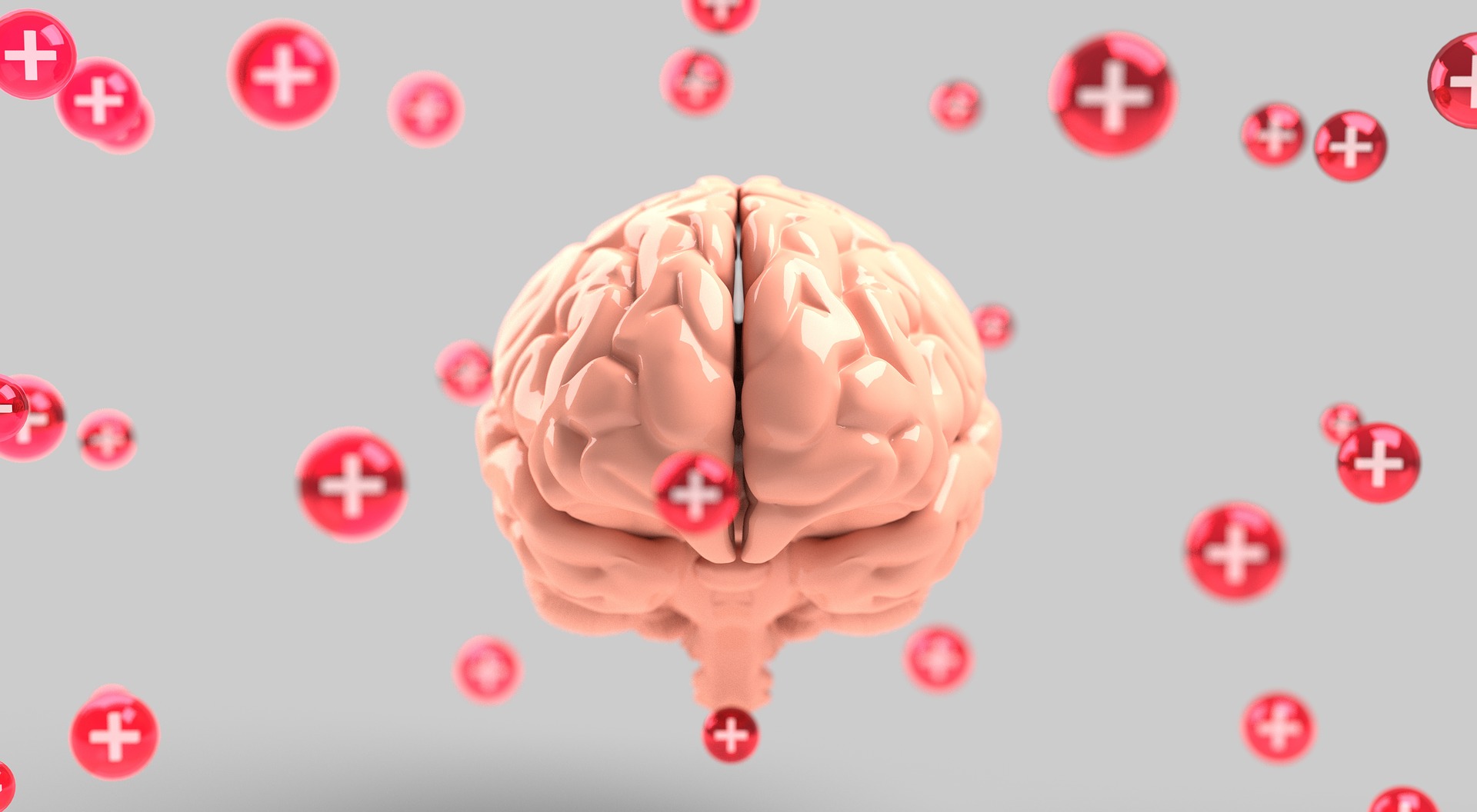Do you remember what your New Year’s resolution was last year? Did you achieve it, or did it end up on the backburner before February even came around?
This year, don’t let your resolution get away from you. Set a clear goal for yourself and define what things you need to do to create the change you’re looking for.
Here are 5 things you can do to become a healthier you this year.
1. Cut the Caffeine:

Caffeine is actually the most widely-used drug in the world. It’s highly addictive. Too much caffeine can have an effect on your sleep, your body’s natural energy levels, and your irritability.
This doesn’t necessarily mean you need to cut out coffee (and tea) cold turkey. But, try to keep your caffeine intake to just one cup a day.
You’ll be surprised to realize how much better you feel without this sneaky drug slowing you down. You may even become inspired to stop drinking alcohol, too!
2. Cook More of Your Meals:
Another thing you can do to become healthier is to cook at home more and eat out less. When you make time to cook your meals mindfully, you’re less likely to end up in the drive-through line or getting takeout delivered. You become a lot more aware of the things you’re putting into your body, which is essential to eating better.
3. Shop the Perimeter of the Grocery Store:
If you’re going to cook more of your meals, you’re going to be in the grocery store a lot more. Make sure you’re stocking the kitchen with mostly fresh, natural ingredients rather than processed foods.
The best way to do this is to shop the perimeter of the grocery store. This is where all the fresh produce and lean proteins are. Although you might need to grab a few seasoning items, cereal, or a little treat, the majority of your cart should be filled with things you can easily find on the outer edges of the store.
4. Get a Workout Buddy:
Here’s the thing about making your healthy resolution workout-focused: at some point, you’re going to skip a workout. This is actually okay – it happens to everyone and it’s not the end of the world if you miss one or two days in the gym.
But, the tricky part is making sure you get back into your routine after an unexpected rest day. Before you know it, one day of listening to your body or understanding your priorities turns into 3 weeks without working out!
This is where a workout buddy comes in. Find someone who is willing to have the same workout schedule as you and hold you accountable for showing up. This way, you’re much more likely to get back at it and keep at it.
5. Focus on Your Mental Health:
Whether you’re becoming more active in the new year or eating healthier than you ever have before, you need to focus on your mental health.
You won’t be satisfied with what you see in the mirror or even that post-workout high if you’re not at peace with what’s in your mind and heart. As you’re working on a healthier physical you, remember to pay attention to the emotions and experiences that bubble up.
Start the Journey to a Healthier You Today!
Bonus tip: don’t wait for the new year to begin to start working on a healthier you. Make the decision today to throw out all your junk food, or cook a healthy meal, or start journaling or meditating. Whatever it is that you want your resolution to focus on, get started today.
For more insights on how to live a healthier life, click here.
Read Also:

























